About Excavator Mowers
In modern engineering and greening management, excavator mowers are gradually becoming an efficient and flexible work tool. It combines the powerful power of an excavator with the specialized functions of a mower, and is suitable for a variety of complex and uneven terrains, especially some environments that traditional mowers have difficulty coping with. Although this equipment is increasingly widely used in the market, many customers often encounter some problems and doubts during use. This article will analyze 10 common problems with excavator mowers and provide corresponding answers and suggestions to help customers better understand and use this equipment.
-
Is the installation and removal of the excavator mowers complicated?
The installation and removal of the excavator mowers usually depends on the design of the equipment and the model of the excavator. Most mower attachments are designed to be simple and can be installed in a short time. Modern mowers generally use a quick connection system, which makes the installation process more efficient and intuitive. For customers who frequently need to change different work tools, it is crucial to choose equipment with quick removal and installation functions. Regularly checking the wear of the connecting parts to ensure that each disassembly and installation can be carried out smoothly can also help improve work efficiency.
-
What types of vegetation are suitable for excavator mowers?
Excavator mowers are usually designed as tools to handle various types of grass, shrubs and small trees. They can efficiently clean weeds on lawns, trim bushes, and even deal with some tree cutting tasks. However, for large trees or thicker wood, mowers may not be suitable and more professional equipment is needed. Therefore, when choosing equipment, customers need to confirm their needs-whether they only need to clean the grass, or need to deal with weeds and small shrubs at the same time. For the processing capacity of different vegetation, it is particularly important to choose the right blade and cutting system.
-
What terrains can excavator mowers work on?
One of the biggest advantages of excavator mowers is its terrain adaptability. Whether it is steep slopes, wetlands, ditches or mountains, excavators can easily cope with various complex environments with their powerful power and flexibility. This enables excavator mowers to complete efficient cleaning and greening tasks in places where traditional mowing equipment cannot reach. For example, on the slopes next to highways or railways, the operation of excavator mowers has more advantages than other equipment. Therefore, if the working environment is diverse and complex, choosing an excavator mower will significantly improve the work efficiency.
-
How stable is the operation of the excavator?
Operational stability is one of the most concerned issues for customers of excavator mowers. The heavy design of the excavator itself usually makes it have good stability in most terrains, but it may be affected on extreme slopes or uneven ground. In this case, modern excavators are equipped with more advanced hydraulic systems and control technologies to maintain the stability of the equipment and ensure the safety and accuracy of the operation. Customers should pay special attention to balance and load distribution during operation to ensure that the equipment can operate stably at any angle and terrain.
-
How efficient and productive is the mower?
The efficiency of an excavator mowers is usually much higher than that of a traditional hand-held mower or lawn mower. Relying on the powerful power of the excavator, the mower can cover a larger area and perform faster cutting operations. For example, an excavator mower can clean an area of several hundred square meters in an hour, which is much more efficient than manual cleaning. In addition, by adjusting the length and angle of the excavator’s working arm, the operating range can also be adjusted more flexibly, making the mowing operation more comprehensive.
-
How long does it take to maintain the equipment?
The maintenance cycle of the excavator mowers mainly depends on the frequency of use and the working environment. Generally, the blades and cutting systems are the parts that need to be checked and replaced regularly. High frequency of use and operation on hard ground will accelerate the wear of the blades and require more frequent replacement. The hydraulic system, fuel system, and electrical system of the equipment also need regular maintenance to ensure the long-term stable operation of the equipment. Customers should perform regular maintenance according to the user manual and the manufacturer’s recommendations to extend the service life of the equipment.
-
Can the mower adapt to extreme weather conditions?
Most excavator mowers have been designed with different working environments in mind, so they are usually able to adapt to a variety of weather conditions. Even in rainy or hot weather, the hydraulic system and electrical system of the equipment can usually maintain stable operation. However, when used in extreme weather for a long time, customers need to clean the equipment regularly to prevent the accumulation of mud, weeds and humus from affecting the normal operation of the equipment.
-
How long do the blades and parts last?
The life of the blades and other parts of a mower depends on a number of factors, including the working environment, frequency of operation, and equipment maintenance. Generally speaking, blades wear out after long-term use, especially when facing hard bushes or weeds. In order to extend the life of the blades, customers need to regularly check and replace severely worn parts in time. Choosing high-quality blades and accessories will help improve the durability of the mower.
-
Does the mower have safety features?
Safety is a vital part of the design of excavator mowers. Modern mowers are usually equipped with some safety features, such as overload protection, emergency stop switch, operator protection device, etc. These safety features can effectively prevent the equipment from malfunctioning or causing harm to the operator during operation. In complex or dangerous terrain, equipment equipped with remote control systems can also ensure that the operator is at a safe distance to avoid the risks that may arise from direct contact.
-
How is the compatibility and adaptability of the equipment?
The compatibility issues of excavator mowers mainly involve the adaptation between the equipment and excavators of different brands and models. Most modern excavator mowers are designed with universal interfaces that can adapt to different models of excavators. However, customers should ensure that the equipment and the excavator they are using can match in terms of interface and weight when choosing a mower. In order to avoid unnecessary trouble, it is recommended to confirm the compatibility of the equipment with the supplier before purchase.
Summary
The excavator mowers is an efficient, flexible and adaptable tool that can cope with complex terrain and vegetation types that traditional mowers cannot handle. When choosing and using an excavator mower, understanding common problems and making corresponding adjustments according to actual needs can greatly improve operating efficiency and the life of the equipment. Customers should be fully prepared before use to ensure that the installation, operation and maintenance of the equipment can achieve the best results.

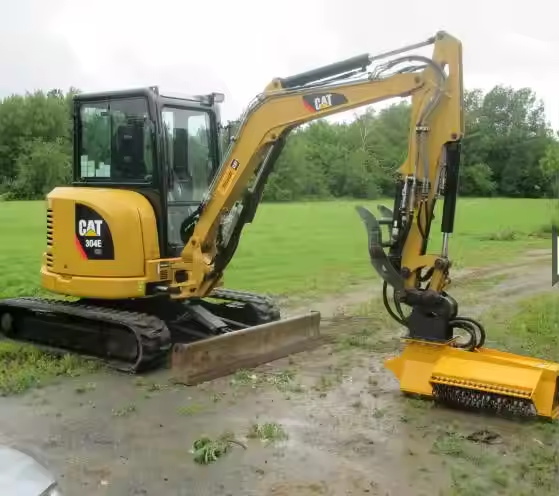
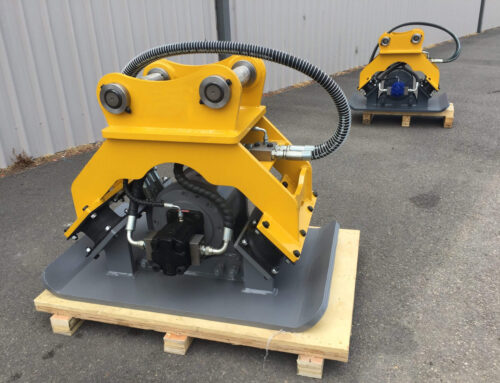
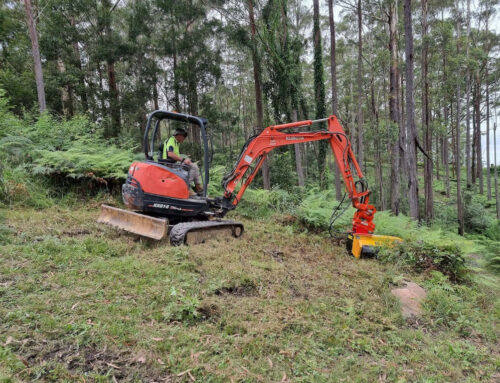
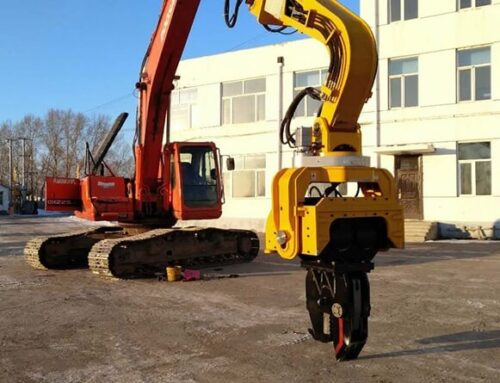
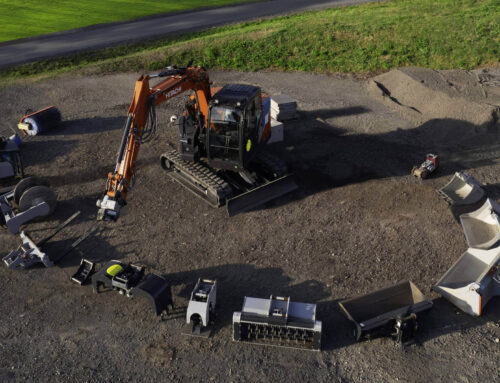
Leave A Comment